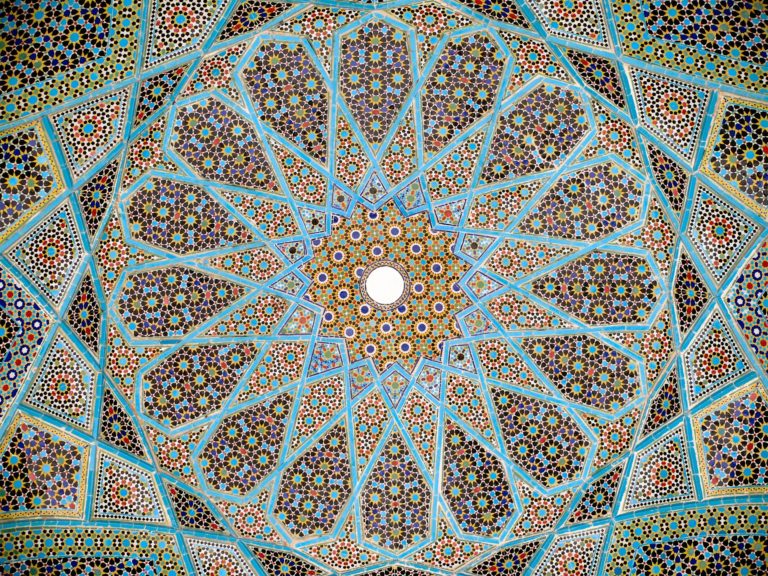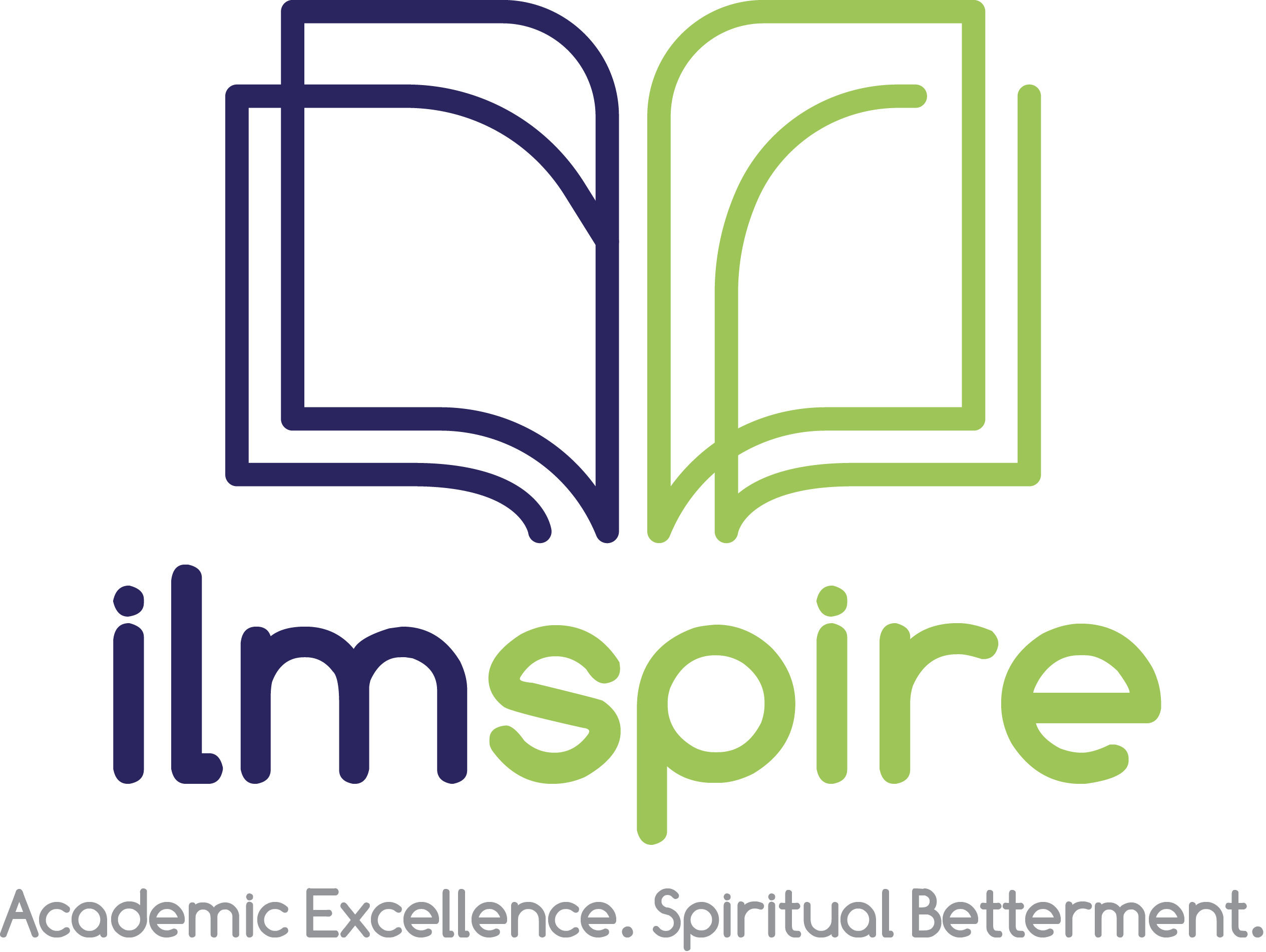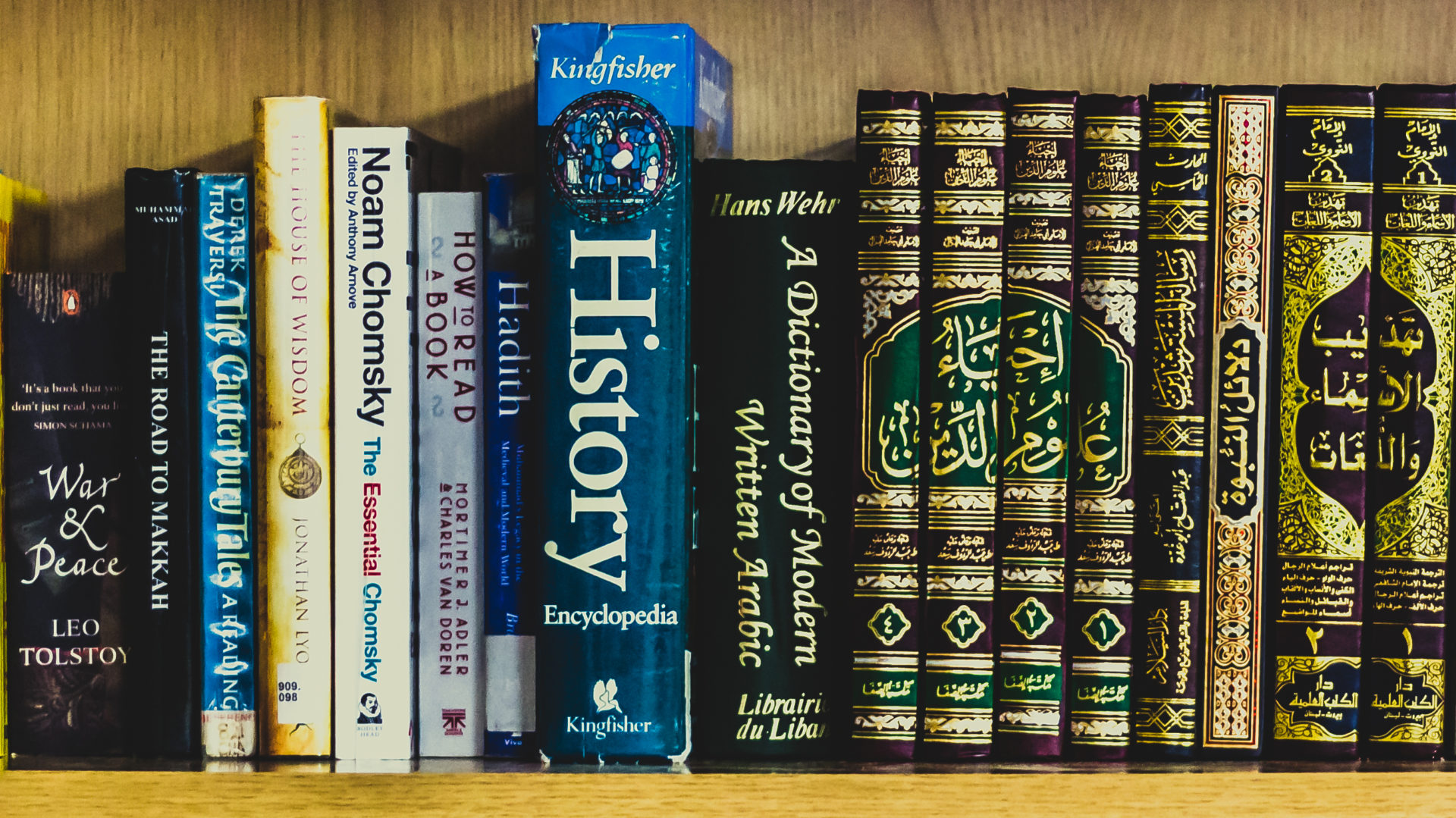OUR VISION

The relationship between Islam and knowledge can be traced back to the very origins of Man when Allah commanded Adam (PBUH), in the presence of the angels, to “inform them of their names.” This relationship spans the course of approximately 124,000 Prophets (PBUT) until the Prophet Muhammad, the final prophet ﷺ, is commanded to “Recite. Recite in the name of your Lord who created.” – a command which closely echoes that given to Adam (PBUH).
The light in which this deep connection between Islam and knowledge was understood and applied by later Muslims is reflected in the eagerness with which they excelled in all fields, and their unquenchable thirst for excellence across numerous subjects – subjects we today have unfortunately come to regard as either Islamic or otherwise. Once, not only did the Muslim world cater to the spiritual and religious needs of humanity, but Muslims were also pioneers in the fields of agriculture, philosophy, engineering, astronomy, and medicine, to name but a few. The Ummah was firmly rooted in subservience to its Creator, whilst relentlessly engaged in its service to humanity. The passion with which these generations sought knowledge of any sort was nothing short of religious.
“Once, not only did the Muslim world cater to the spiritual and religious needs of humanity, but Muslims were also pioneers in the fields of agriculture, philosophy, engineering, astronomy, and medicine, to name but a few. ”
Today, long after the memories of such an era have been confined to the archives of history, the acute observer can still perceive the relics of this glorious Islamic past in the modern world around us. From our hospitals and universities to the multi-megapixel cameras we use to capture those cherished moments, to the keen eye, the long-forgotten age of Muslim academic brilliance is still evident in social, political and scientific fields.
Fast forward a few centuries, and British Muslim students of all ages find themselves lodged at the bottom of educational league tables, while Muslim communities globally are beleaguered with illiteracy and poor academic standards – a distant cry from the architectural excellence of Andalusia, the vibrant literary circles of Baghdad and the hubbub of the House of Wisdom.
At ilmspire we have a deep conviction that Islam and the sciences are not only compatible, but indeed both essential for the flourishing of the mind. We hope to inspire the coming generations of Muslims to excel in all aspects of knowledge, whilst being spiritually rooted to recognise their responsibilities to both their Creator and humanity. In doing so, we aim to pave the path for a society of non-sectarian Muslims connected with the past, actively engaging with the present, and building for the future.
“We hope to inspire the coming generations of Muslims to excel in all aspects of knowledge, whilst being spiritually rooted to recognise their responsibilities to both their Creator and humanity.“

